
Card payments have become widely popular, offering a smooth and easy experience for customers. However, when a card is used, the transaction triggers a detailed process involving several steps and parties behind the scenes.
Key Takeaways
- Wide Usage: Credit cards are commonly accepted across various sectors in South Africa, including retail, online shopping, dining, travel, and accommodation. They offer a convenient and secure method of payment.
- Transaction Costs: Businesses incur fees for card transactions, such as transaction and chargeback fees. Despite these costs, offering card payment options can lead to increased revenue by catering to customer preferences.
- Potential Issues and Practical Solutions: Users might encounter problems such as network failures, card declines, and limited acceptance in remote areas. Foreign cardholders should be mindful of currency conversion fees and fraud protection measures that could block their cards. Solutions include carrying some cash, using compatible ATMs, and informing banks of travel plans.
About Arcadia Finance
Secure your loan effortlessly with Arcadia Finance. Enjoy no application fees and select from 19 reputable lenders, each fully compliant with South Africa’s National Credit Regulator standards. Benefit from a streamlined process and trustworthy options tailored to your financial needs.
Card Payments
Card payments refer to transactions made using credit, debit, or prepaid cards. Most people think of inserting their card into a chip-and-PIN machine at a store or entering their card details on a website’s payment page. Technically, however, card payments cover any transaction processed through payment networks set up by companies like Visa and Mastercard, allowing users to make secure payments globally.
These payments can also be processed without the physical card. For example, smartphone-based services like Apple Pay or Samsung Pay fall into this category. Similarly, transactions are processed when consumers save their card details on a website or platform to authorise recurring charges.
In South Africa, most cards are linked to Visa or Mastercard networks, with retail banks such as Capitec, FNB, Standard Bank, Absa, and Nedbank issuing these cards. While the American Express network is also available, it accounts for only about 1% of the market, according to research.
Card Processing Fees
Businesses must pay a fee for each card transaction they process. This fee covers the costs of chargebacks, where transactions are reversed, and helps maintain the payment network’s infrastructure. Despite these costs, offering card payments often leads to increased revenue as it aligns with customer preferences. Fees may also include support for improved system reliability, customer service, and additional services offered by the payment provider. Card transaction fees typically come in different forms:
- Transaction Fees: A percentage of each sale, plus a small fixed charge. This includes a fee paid to the card issuer, referred to as the interchange fee.
- Chargeback Fees: Some providers charge a fee when a transaction is reversed.
- Monthly Service Fees: Certain processors may require a monthly fee for using their services.
While credit cards offer convenience, they also come with the risk of fraud. Discover the most common credit card scams in South Africa and learn how to protect yourself from becoming a victim in this digital age. Awareness can save you from financial losses!
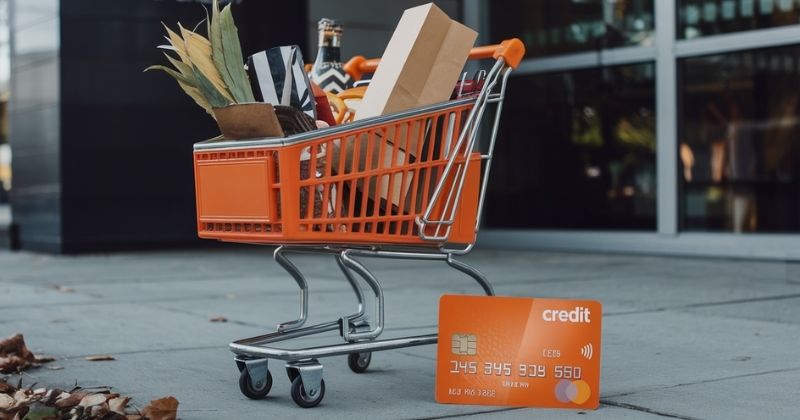
Major Retailers Accepting Credit Cards
Credit cards are widely accepted in South Africa’s major retail sector, offering consumers the convenience of shopping without needing to carry cash.
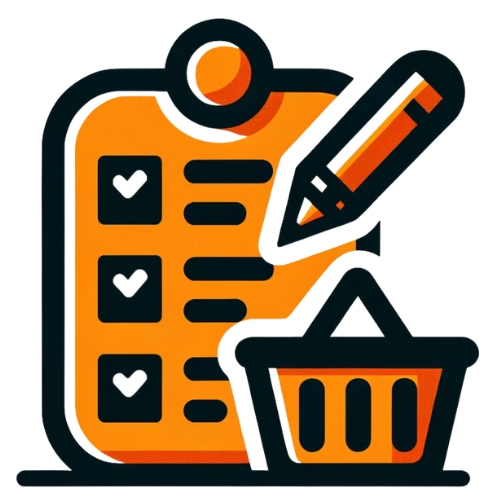
Grocery Stores and Supermarkets: Major chains like Checkers, Pick n Pay, Woolworths, and Spar all accept credit cards, making it easier and quicker to shop for everyday essentials. Many stores now also offer contactless payment options.

Clothing and Department Stores: Retailers such as Edgars, Foschini, and Mr Price, as well as international brands like H&M and Zara, all support credit card payments. Department stores often provide added perks for credit card users, such as loyalty points and exclusive discounts.
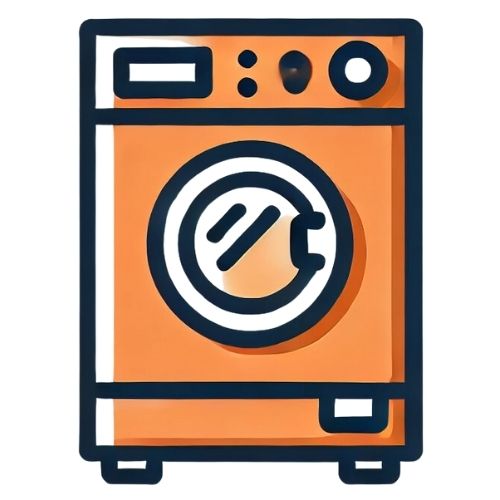
Electronics and Appliance Stores: Leading retailers like Incredible Connection, Game, and DionWired accept credit card payments. These stores frequently offer installment plans for larger purchases, giving customers the option to pay off expensive items over time.
Online Shopping with Credit Cards
The e-commerce sector in South Africa has seen substantial growth, with more consumers turning to online shopping for its convenience and wide range of products.
- Popular E-commerce Platforms: Major online platforms like Takealot, Superbalist, and Loot all accept credit card payments, providing secure gateways that make online shopping safe and easy for consumers.
- Security Measures for Online Payments: To protect customer information, many e-commerce sites use encryption and secure payment systems. Additional safeguards, such as Verified by Visa and Mastercard SecureCode, help prevent unauthorised transactions.
- International Online Shopping: Many South Africans also shop on international sites like Amazon and eBay. Credit cards are essential for these purchases, particularly when dealing with foreign currencies. Some banks offer multi-currency credit cards, simplifying the process for international transactions.
Credit cards don’t last forever, and knowing what to do when your card reaches its expiry date is crucial. Discover the renewal process and how to ensure you’re not left without a payment option when your card expires.

Dining and Entertainment
Credit cards are widely accepted across South Africa’s dining and entertainment venues, offering a convenient way to pay while enjoying a night out.
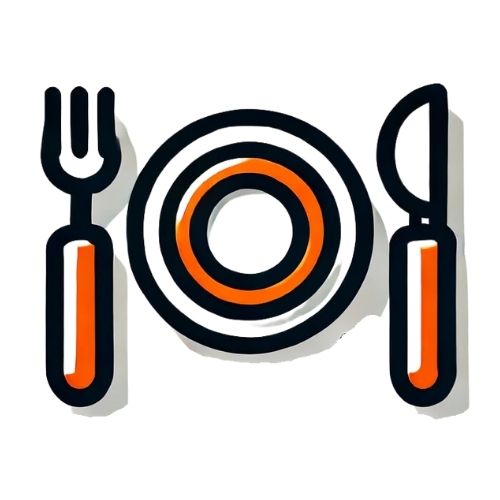
Restaurants and Cafés: Almost all restaurants, from upscale dining to casual eateries and coffee shops, accept credit cards. Chains such as Nando’s, Spur, and Mugg & Bean, as well as local fine dining spots, allow for easy payment, including tipping.

Movie Theatres and Entertainment Venues: Cinemas like Ster-Kinekor and Nu Metro, along with various entertainment venues such as amusement parks and theatres, accept credit card payments, making it straightforward to buy tickets and concessions.
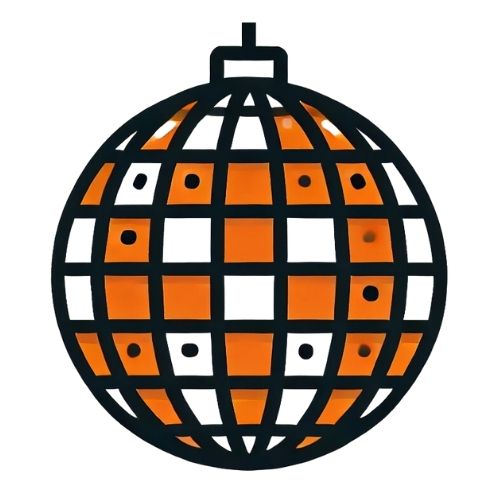
Bars and Nightclubs: Many bars and nightclubs in South Africa’s major cities accept credit cards, including contactless payments. This is particularly convenient in crowded venues where handling cash can be cumbersome.
Travel and Transportation
Credit cards are widely accepted in the travel and transportation industry, offering convenience for both local and international travellers.
- Airlines and Travel Agencies: Major airlines such as South African Airways, Kulula, and Mango accept credit cards for purchasing tickets. Travel agencies also accept credit cards for booking flights, tours, and accommodation.
- Car Rental Services: Car rental companies like Avis, Hertz, and Europcar accept credit cards for both reservations and security deposits. A credit card is often required for vehicle rentals, providing an added layer of security for the rental companies.
- Public Transport and Ride-Sharing Apps: Services like Uber and Bolt facilitate credit card payments directly through their apps. Some public transport systems in cities such as Cape Town and Johannesburg have also begun to offer card payment options.

Accommodation and Hospitality
The hospitality industry in South Africa is well-equipped to handle credit card payments, making it convenient for various types of stays.
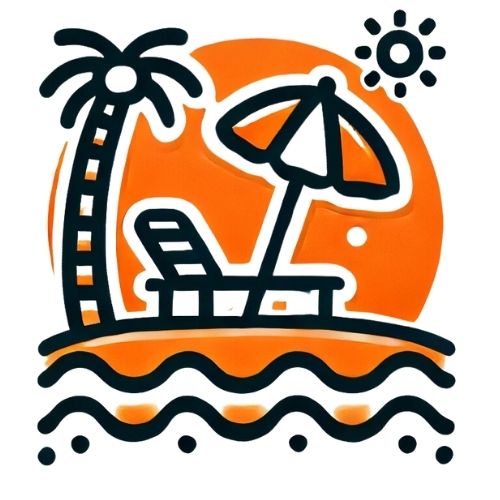
Hotels and Resorts: Most hotels, from luxury resorts to budget-friendly options, accept credit cards. Chains like Tsogo Sun, Protea Hotels, and international brands such as Hilton and Marriott provide easy payment options, including pre-authorisations for booking confirmations.

Bed and Breakfasts: Many B&Bs across South Africa, especially in popular tourist areas, accept credit card payments. This allows guests to book and pay for their stays easily, even in smaller towns.

Airbnb and Vacation Rentals: While Airbnb transactions are processed online, they accept credit cards for booking stays at various properties. This offers flexibility and security for travellers.
Services Accepting Credit Cards
Credit card payments are also accepted across various services in South Africa, adding convenience to everyday tasks.
- Utility Bill Payments: Many utility providers, including those for electricity, water, and internet services, accept credit card payments. This can often be done online through secure portals, simplifying the management of monthly bills.
- Medical and Health Services: Hospitals, clinics, and private medical practices frequently accept credit cards for payments, making it easier to cover costs for consultations, treatments, and medications.
- Education and Tuition Payments: Some schools, colleges, and universities allow tuition and other fees to be paid by credit card, assisting families in managing educational expenses more efficiently.
Smaller Businesses and Local Markets
While major retailers widely accept credit cards, smaller businesses are increasingly adopting this payment method.
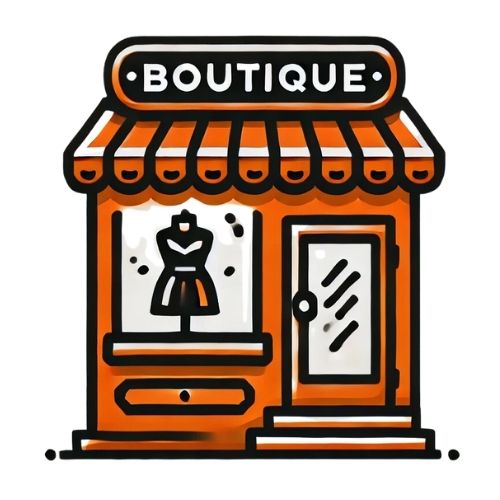
Boutiques and Specialty Shops: Many small boutiques and specialty stores in urban areas now accept credit cards. This trend is growing as more small business owners recognise the value of offering varied payment options to attract customers.
Tips for Using Credit Cards at Small Businesses:
When using credit cards at smaller establishments, check for any minimum purchase requirements or potential surcharges. Paying with a card supports a safer, cashless environment and helps local businesses thrive.

Common Issues with Card Payments in South Africa
While card payments are widely accepted in South Africa, both travellers and locals may face some challenges. Here’s a look at common issues and their solutions:
Network Issues and Card Declines: Card payments can sometimes fail due to network issues, especially in remote areas or during busy periods, leading to unexpected declines.
Solution: Always carry some cash as a backup, particularly in rural areas. Mobile payment apps can also be useful when card terminals are unreliable.
ATM Compatibility and Card Retention: Not all South African ATMs are compatible with every international card, especially those with newer security features. Some ATMs might even retain your card if there’s an issue.
Solution: Use ATMs that display the Visa, MasterCard, or your card’s network logo, ideally located in banks or shopping malls. If your card is retained, contact your bank immediately to block it and request a replacement.
Card Acceptance in Remote Areas: Card payments may be limited in rural areas, with many businesses preferring cash.
Solution: Withdraw sufficient cash in advance when travelling outside major cities. Keep smaller notes on hand and store cash securely.
Currency Conversion and Fees: Using a foreign card can lead to currency conversion fees, which may accumulate due to fluctuating exchange rates and bank charges.
Solution: Consider using a prepaid travel card loaded with rands or choose cards with lower foreign transaction fees. Review your card’s terms before travelling.
Blocked Transactions Due to Fraud Protection: Foreign transactions might trigger your bank’s fraud protection measures, resulting in a blocked card.
Solution: Inform your bank of your travel plans in advance to avoid automatic blocks. Keep your bank’s emergency contact details accessible to resolve any issues quickly.
Conclusion
Credit card payments in South Africa provide a convenient and secure method for transactions across various sectors, including retail, online shopping, dining, and travel. Despite the processing fees that businesses face and potential challenges like network issues or limited acceptance in remote areas, the advantages for both consumers and businesses are considerable. By being aware of and preparing for potential issues, such as currency conversion fees or fraud protection blocks, users can fully benefit from the widespread acceptance and flexibility of credit cards in the South African market.
Frequently Asked Questions
Visa and MasterCard are the most widely accepted credit cards in South Africa. These cards, issued by most local banks, are usable for transactions at ATMs, retail stores, and online. Although American Express is also available, it holds a smaller market share, representing about 1% of card transactions.
Credit cards offer a line of credit from the bank, allowing users to make purchases and repay the amount later, often with the opportunity to earn rewards. Debit cards are linked directly to the user’s bank account, enabling them to spend available funds. Prepaid cards require funds to be loaded in advance and are not connected to a bank account, providing a payment option for those without traditional bank accounts.
Credit card usage can incur several fees: transaction fees, which include a percentage of the sale plus a small fixed charge; interchange fees paid to the card issuer; chargeback fees if a transaction is reversed; and monthly service fees from the payment processor. International cards may also attract additional costs, such as currency conversion fees when used in South Africa.
The main risks include fraud and theft, as cards can provide direct access to your funds. Lost or stolen cards, especially those issued by overseas banks, can be challenging and costly to replace. Additional risks include currency conversion fees, high overseas usage charges, and potential compatibility issues with local ATMs or payment machines.
To reduce risks, inform your bank of your travel plans in advance to prevent your card from being blocked due to suspicious activity. Be mindful of foreign transaction fees and use your card at secure locations. Carry a backup card to manage any issues with loss, theft, or compatibility with local ATMs or payment machines.
Fast, uncomplicated, and trustworthy loan comparisons
At Arcadia Finance, you can compare loan offers from multiple lenders with no obligation and free of charge. Get a clear overview of your options and choose the best deal for you.
Fill out our form today to easily compare interest rates from 19 banks and find the right loan for you.


